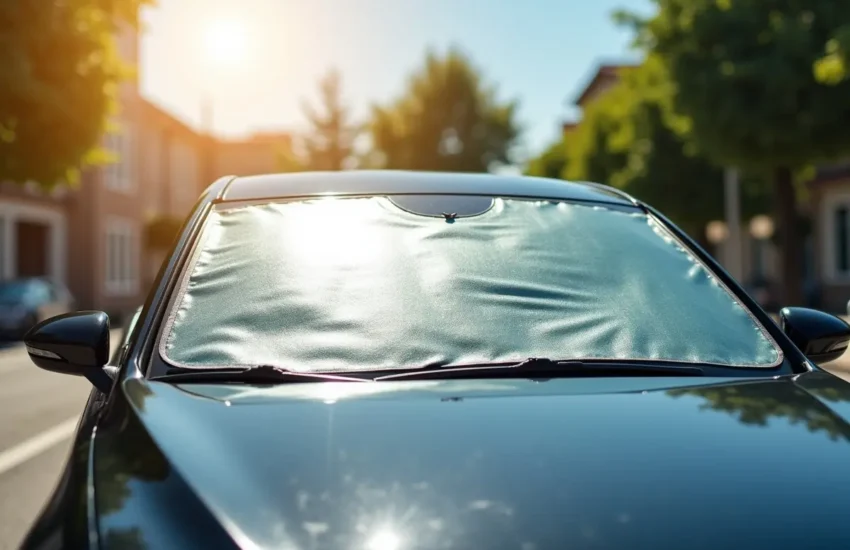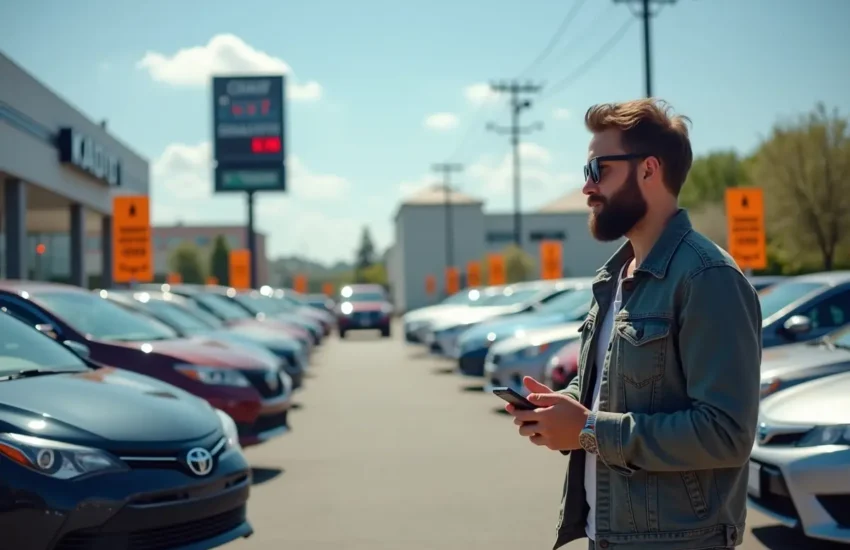Think Twice Before Letting Your Junk Car Rot: The Hidden Environmental Impact
Beyond the visible decay, the slow decomposition of automotive materials can lead to toxic substances leaching into the ground, water, and air. For those in Arizona, finding reliable junk car buyers in Arizona is not just about freeing up space but about making an environmentally responsible decision. This not only contaminates local ecosystems but also contributes to broader environmental challenges.

Chemical Leaching: A Hidden Threat to Soil and Water
One of the most significant environmental risks posed by junk cars is chemical leaching. As a car deteriorates, various fluids such as engine oil, brake fluid, and coolant, can leak out. These substances are often highly toxic, containing heavy metals like lead, mercury, and cadmium. Over time, these chemicals seep into the soil, where they can remain for years, polluting groundwater and making their way into nearby streams and rivers.
This contamination not only affects local wildlife but also has the potential to enter the human food chain through contaminated water sources. Additionally, the rusting metal from the car can introduce iron and other metals into the soil, further disrupting the natural balance of the ecosystem.
Air Pollution: The Unseen Consequence of Decaying Cars
Another often-overlooked impact of junk cars is the release of harmful gases into the atmosphere. As a car’s body and components degrade, they can emit volatile organic compounds (VOCs) and other hazardous air pollutants. These emissions contribute to air quality issues, particularly in areas already struggling with pollution.
Furthermore, the materials used in older vehicles, such as certain plastics and rubber compounds, can release toxic fumes when exposed to the elements. These fumes not only contribute to greenhouse gas emissions but also pose direct health risks to humans and animals living nearby.
Resource Waste: The Cost of Inaction
Allowing a junk car to sit and rot wastes valuable resources. Vehicles are composed of metals, plastics, and other materials that can be recycled and reused. By leaving a car to decay, these materials are lost forever, increasing the demand for new resources and contributing to the depletion of natural reserves.
Recycling a car not only recovers these materials but also reduces the need for new production, which in turn lowers energy consumption and greenhouse gas emissions. In essence, letting a junk car rot is not just an environmental issue but an economic one, as it wastes resources that could otherwise be put to good use.
The Importance of Responsible Disposal
Given the significant environmental impact of abandoned vehicles, it’s crucial to consider responsible disposal options. Selling your junk car to a licensed recycler or junk car buyer ensures that the vehicle is dismantled and recycled in an environmentally friendly manner. This process involves draining harmful fluids, safely removing hazardous materials, and recycling metals and other components.
Not only does this help mitigate the environmental risks associated with decaying vehicles, but it also supports the circular economy by reintroducing valuable materials into the supply chain. Additionally, many recycling programs offer financial incentives for junk cars, making it a win-win situation for both the environment and your wallet.
Conclusion: A Greener Choice for a Sustainable Future
In conclusion, deciding to let a junk car rot may seem inconsequential, but its hidden environmental impact is far-reaching. From chemical leaching and air pollution to resource waste, the environmental toll of abandoned vehicles is significant. However, by choosing to sell your junk car, you can play a part in reducing these negative impacts, contributing to a cleaner and more sustainable environment.
The next time you consider leaving that old car to rust away, think twice. Not only can you reclaim valuable space and resources, but you can also make a positive difference for the planet. Selling your junk car is not just about clearing the clutter; it’s about making an environmentally responsible choice that benefits everyone.


